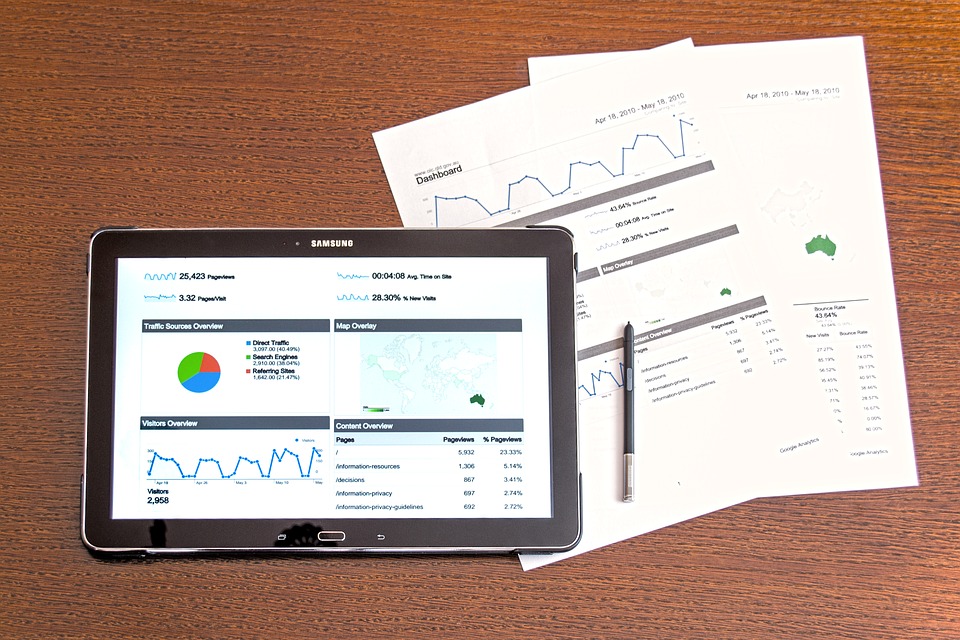The stock and forex markets are distinct financial markets with different characteristics and goals. The most crucial difference between the two is that stocks are traded in exchanges, while foreign exchange (forex) is an over the counter (OTC) market. This difference significantly impacts trading strategies, liquidity, fees, and other factors.
The stock market:
In the stock market, investors buy and sell shares of companies listed on exchanges like the NYSE or NASDAQ. Companies must meet specific criteria to be eligible for listing on these exchanges, so there are limits to which companies can list their shares. These exchanges also act as middlemen facilitating trades by matching buyers with sellers. As a result, stock prices are more stable and often subject to government regulation.
The forex market:
In contrast, the forex market is an OTC market with no central exchange or governing body. Instead, buyers and sellers come together at various locations, including banks, brokerages, and online trading platforms. This lack of a centralised governing body means fewer regulations in place for trading currencies. Additionally, no third-party intermediary facilitates forex trading, which means traders enjoy greater liquidity and lower transaction costs than in the stock market.
The stock market vs the forex market:
The stock market typically offers more diversification opportunities than the forex market because it includes many different sectors, such as energy, healthcare, technology, etc. In contrast, the forex market primarily consists of just currency pairs. Similarly, the stock market offers more transparency than the forex market as it provides investors with detailed financial data and trading information. Additionally, the stock market is far less volatile than the forex market because of its relatively low leverage levels (up to 1:20).
While both markets offer potential returns for investors, they have significantly different characteristics that make them suitable for different types of investors. Experienced traders may benefit from both markets by leveraging their knowledge of one to gain insight into the other. However, those new to investing should learn about both markets before deciding which one to trade in. Understanding these differences can help you choose an investment strategy that fits your risk appetite and goals.
What are the risks associated with the stock market?
The stock market is subject to market risk, which makes it susceptible to economic downturns and other external factors. Market volatility and the threat of loss can also be a concern for inexperienced traders. Also, stocks may carry company-specific risks such as bankruptcy or poor financial performance.
What are the risks associated with the forex market?
The forex market has unique risks from its decentralised nature, including lack of regulation and liquidity issues. Leverage levels in the forex market can be much higher than in the stock market (up to 1:500), creating more significant potential for losses. Additionally, shifts in exchange rates can have a significant impact on profits or losses. For example, investors can be left with losses if a currency’s value significantly increases or decreases due to unforeseen events.
How to get started trading stocks or forex in the UK?
The UK has several reputable brokerages and exchanges that facilitate trading in stocks and forex. Before investing, it is essential to research the options available to find one that suits your needs. Additionally, a practice account or paper trading platform may be beneficial before investing real money. This approach will allow you to gain experience with the platform’s features and become more comfortable with making trades without risking any capital.
Conclusion:
The stock and forex markets are separate entities with different characteristics and goals. The most crucial difference between the two is that stocks are traded in exchanges while foreign exchange (forex) is an over the counter (OTC) market. This distinction affects trading strategies, liquidity, fees, and other factors that impact your investment decisions. Ultimately, traders should know both markets before selecting one to invest in. By understanding these differences and tailoring their strategy accordingly, investors can maximise their chances for success.
Read More:







